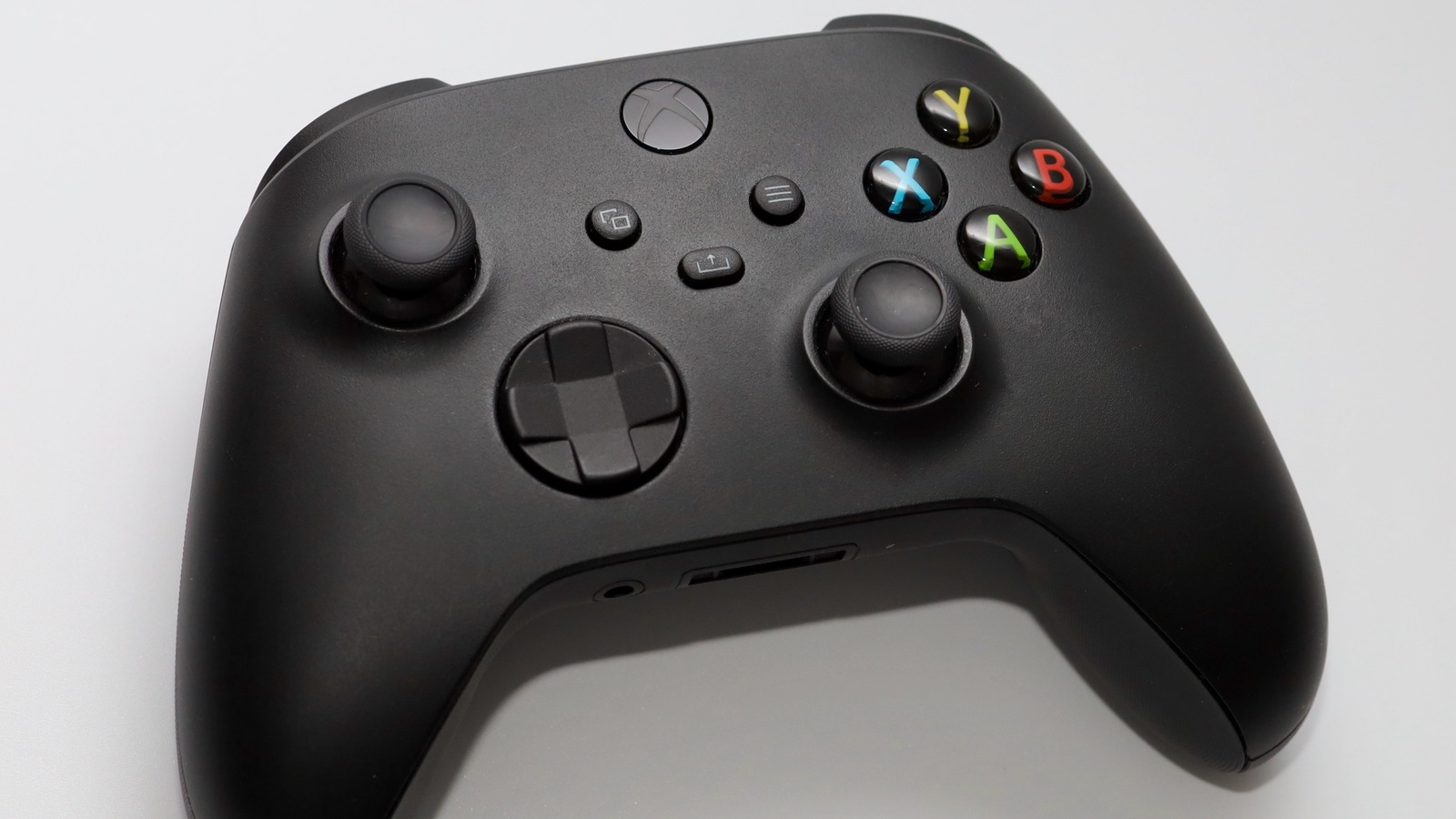The role of the controller has evolved over the years from simple input/output (I/O) management to powerful central processing units (CPUs) capable of executing complex computations and managing multiple data streams simultaneously.

Today's controllers come in a wide range of forms, catering to different needs and requirements in various industries. From industrial control systems to robotics, gaming consoles, and automotive systems, controllers play a critical role in the functioning of modern-day technology.
In recent times, the Internet of Things (IoT) has emerged as a major trend, bringing with it a new generation of smart devices that require controllers to operate. These controllers are responsible for managing communication and data transfer between IoT devices and the cloud, ensuring seamless connectivity and enhancing device intelligence.
The aerospace industry is another sector that relies heavily on controllers, as they are integral components of flight control systems that govern the flight of commercial and military aircraft. These flight control systems utilize a range of controllers, including computer-based avionics systems that provide pilots with real-time information, helping them to make informed and accurate decisions.
In manufacturing, controllers are used in a wide range of applications, from assembly line robots to specialized machines that perform specific tasks such as cutting, drilling, and grinding. These controllers serve as an interface between the operator and the machine, ensuring that the machine performs the task exactly as intended.
In conclusion, controllers are an integral part of modern-day technology and are used in a broad range of applications across various industries. With technology evolving at a rapid pace, the role of controllers is set to become even more critical in the years to come, as they are expected to provide intelligent automation and enhanced data management capabilities that will drive innovation and efficiencies in industries worldwide.